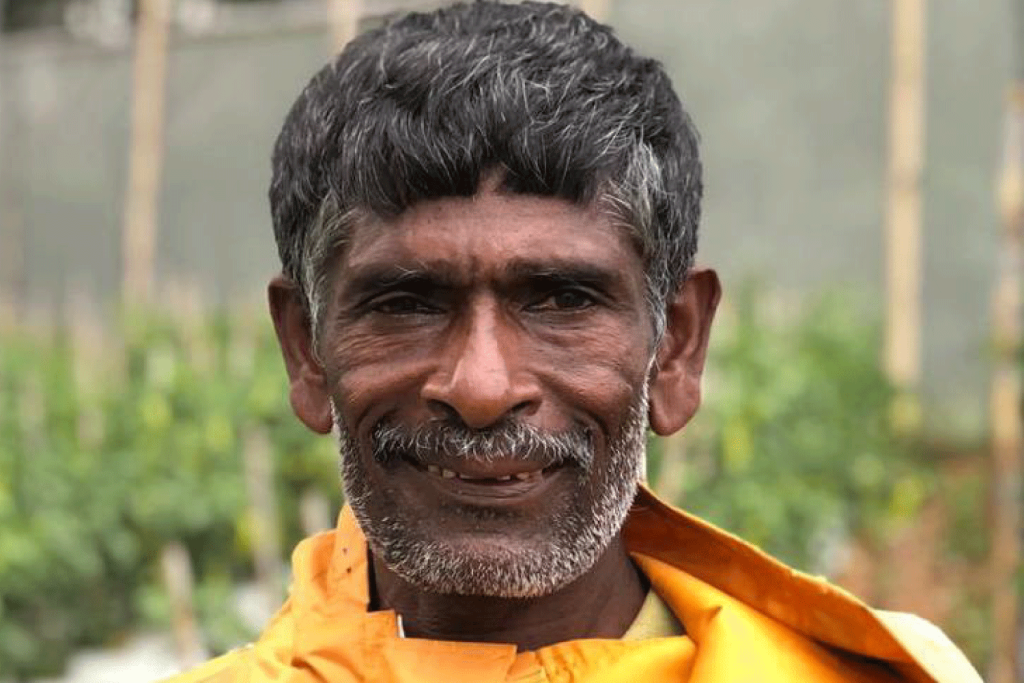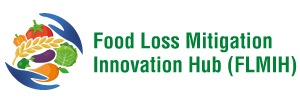
Project Description
Many mango varieties have broad and tall structures, leading to challenges in tree management and harvesting. The most significant postharvest losses taking place during the harvesting phase, are primarily attributed to the harvesting technique used by harvesters. In many regions across Sri Lanka, the traditional approach to mango harvesting, involving manual methods, is still predominant. This technique tends to be time-consuming and labor-intensive. Harvesting methods differ from one region to another, for example in the Batticaloa district, harvesting is predominantly carried out manually, with buyers using an elongated pole equipped with a hook at its end, often accompanied by a net. For tall trees, the harvesting of fruits is accomplished using picking poles, either with or without attached clippers. These poles are equipped with bags to catch the falling fruits during the harvesting process. This technique is relatively slow and demands significant expertise and skill. Thus, the harvesting of mangoes is a difficult process that is labor-intensive and requires skillfulness. Post-harvest losses vary among different actor combinations and post-harvest loss from producer to collector is 10%. Thus, it is crucial to acknowledge the role of collectors in the mango harvesting process and understand the factors leading to losses during their harvesting activities.
The characteristics, procedures, and extent of agricultural contracts have varied significantly due to differences in agroecosystems and local circumstances. Therefore, it is crucial to gain insight into the various contracts established between mango growers and collectors. When mango growers engage with collectors, they often encounter challenges. One significant issue is the difficulty in accurately assessing the collector’s characteristics before entering contracts. This includes challenges in identifying their proficiency in harvesting, which can lead to disappointments with the collectors. Additionally, there is uncertainty regarding how effectively the collector will manage the harvesting process, which can result in hazardous actions including fruit loss and damage to the tree. Thus, it becomes imperative to understand the strategies employed by mango growers to overcome these challenges inherent in their relationship with collectors.
Policy Implications
The study advocates to,
- Facilitate knowledge-sharing initiatives to disseminate best practices and lessons learnt from growers who successfully mitigate losses under different contract agreements.
- Develop and implement training programs to upskill both growers and collectors on best practices for harvesting mangoes
The study advocates to,The study advocates for exploring value-adding opportunities for less popular varieties among mango collectors.
Publication
Karunarathne, S.D.H.H. (2024). Navigating Agricultural Contracts: Types, Drivers, And Outcomes in Mango Grower-Collector Agreements. Research Project Report submitted as the partial fulfilment of the BSc degree in Agricultural Technology and Management, Faculty of Agriculture, University of Peradeniya, Sri Lanka.
Karunarathne, H. (2024). Getting more value from mangoes: Can growers and collectors organise better to help each other? FLM Briefing No 1. ACIAR Food Loss Mitigation Project. Institute of Policy Studies of Sri Lanka. Colombo
